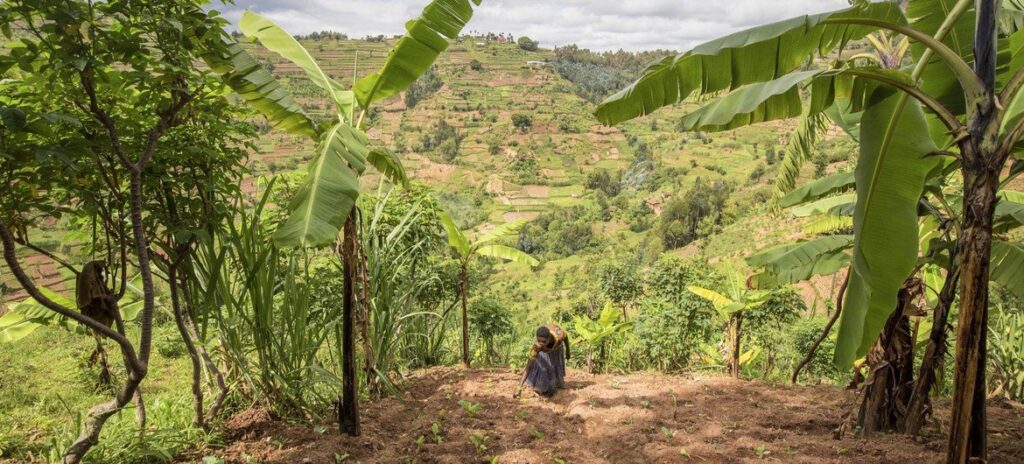The EarthThe Earth's land, the source of life and essential resources, is facing a silent crisis. More than 2 billion hectares of land are degraded, affecting 3 billion people and endangering species and species of plants and animals. vital ecosystemssaid the United Nations Environment Programme (UNEP).
Desertification, evaporation of freshwater sources, and loss of fertile soil are problems aggravated by the climate changea recent report by UN Environment.
Against this backdrop, this world organization launched an urgent call for global action to restoring degraded land.
"In the face of more severe and prolonged droughts, sandstorms and rising temperatures, it is critical that we find ways to prevent drylands from turning into deserts, freshwater sources from evaporating and fertile soil from turning to dust," he said.
This year, the World Environment Day focuses on seven key strategies that governments, businesses and citizens can adopt to reversing degradation and protect the planet.
Sustainable agriculture
Regenerative agriculture and the redirection of subsidies toward sustainable practices are promoted. Agribusinesses and consumers have a crucial role to play in the adoption of methods and diets that support soil health.
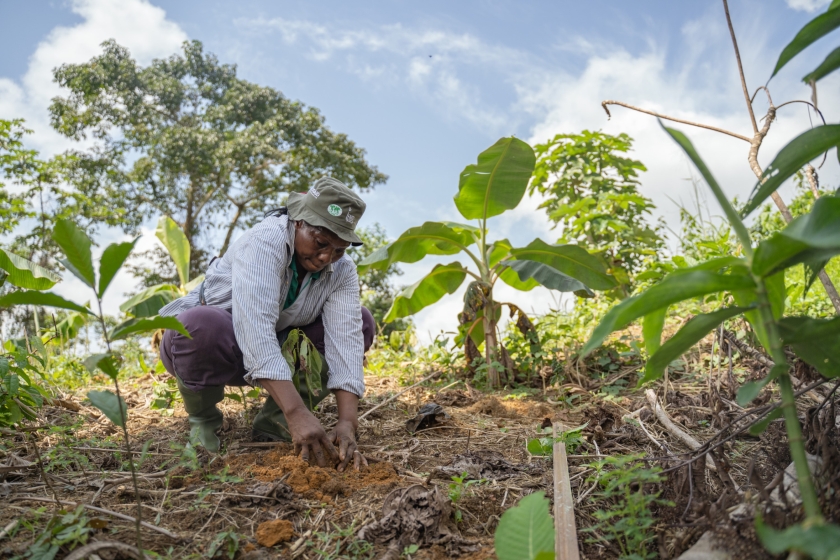
Saving soils
Supporting organic farming and the practice of zero tillage, as well as the use of compost to improve soil fertility, are essential measures to maintain soil productivity and biodiversity.

Protecting pollinators
Reducing pollution and pesticide use, conserving natural habitats and planting native flowers are key actions to protect vital pollinators such as bees and butterflies.

Restoring freshwater ecosystems
Improving water quality and restoring degraded rivers and wetlands, as well as innovating in wastewater and stormwater management, are essential to sustain water cycles and protect biodiversity.
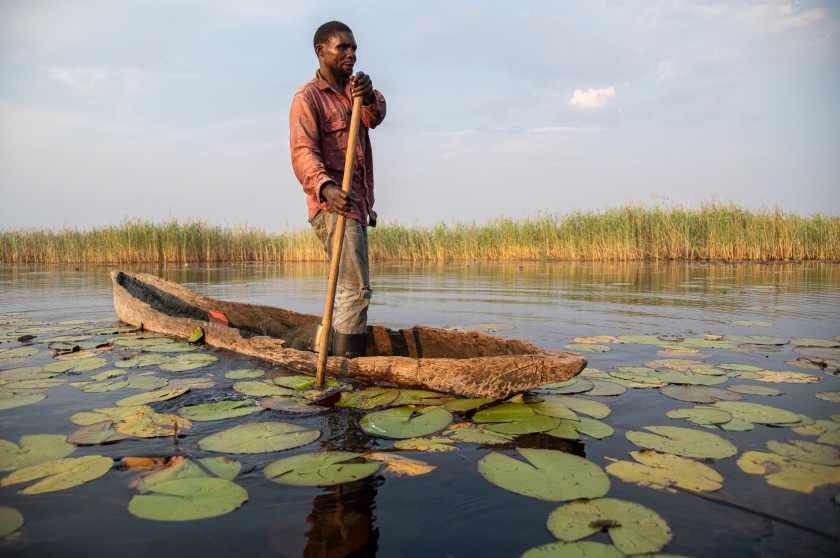
Renovate coastal and marine areas
Restoring marine ecosystems such as mangroves and coral reefs, and reducing pollution and plastic waste, is vital to protecting marine and coastal biodiversity.
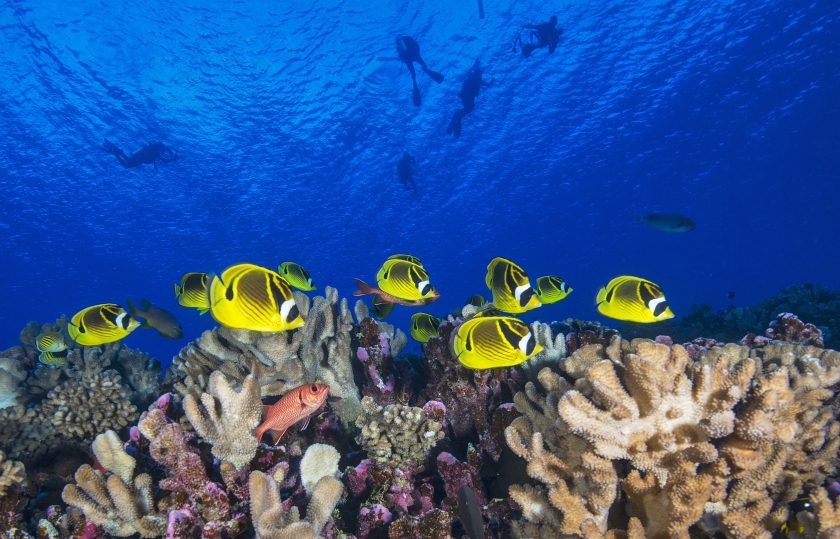
Bringing nature back to the cities
Promoting urban forests, conserving water bodies and creating vertical gardens can improve biodiversity and the quality of life in urban environments.
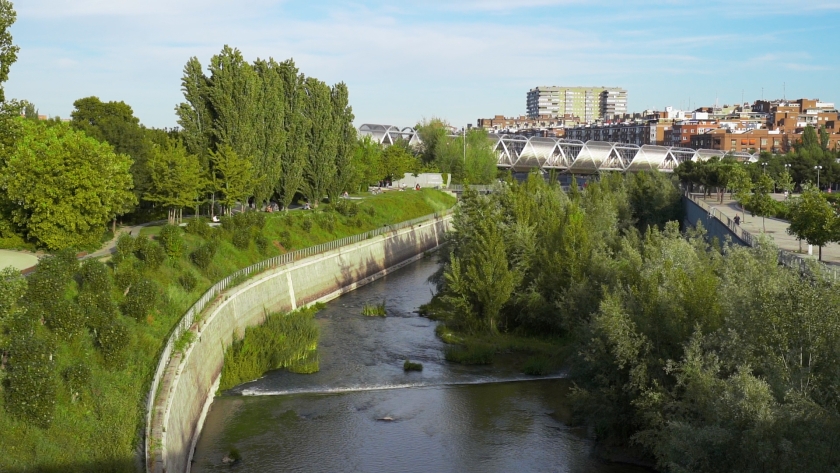
Generate funding for restoration
Increasing investments in nature-based solutions and financing restoration projects is crucial to closing the financial gap and ensuring long-term sustainability.

Bruno PozziDeputy Director of the Ecosystems Division of the UNEPThe company emphasizes shared responsibility.
"Governments and businesses have a leading role to play in reversing the damage humanity has done to the Earth, but ordinary people also have a vital role to play in restoration, which is crucial to our future as a species," he said.
This World Environment Dayeveryone can join the cause and work together to restore our degraded landscapes and ensure a more sustainable future. sustainable future for generations to come.
Source: UN Environment

